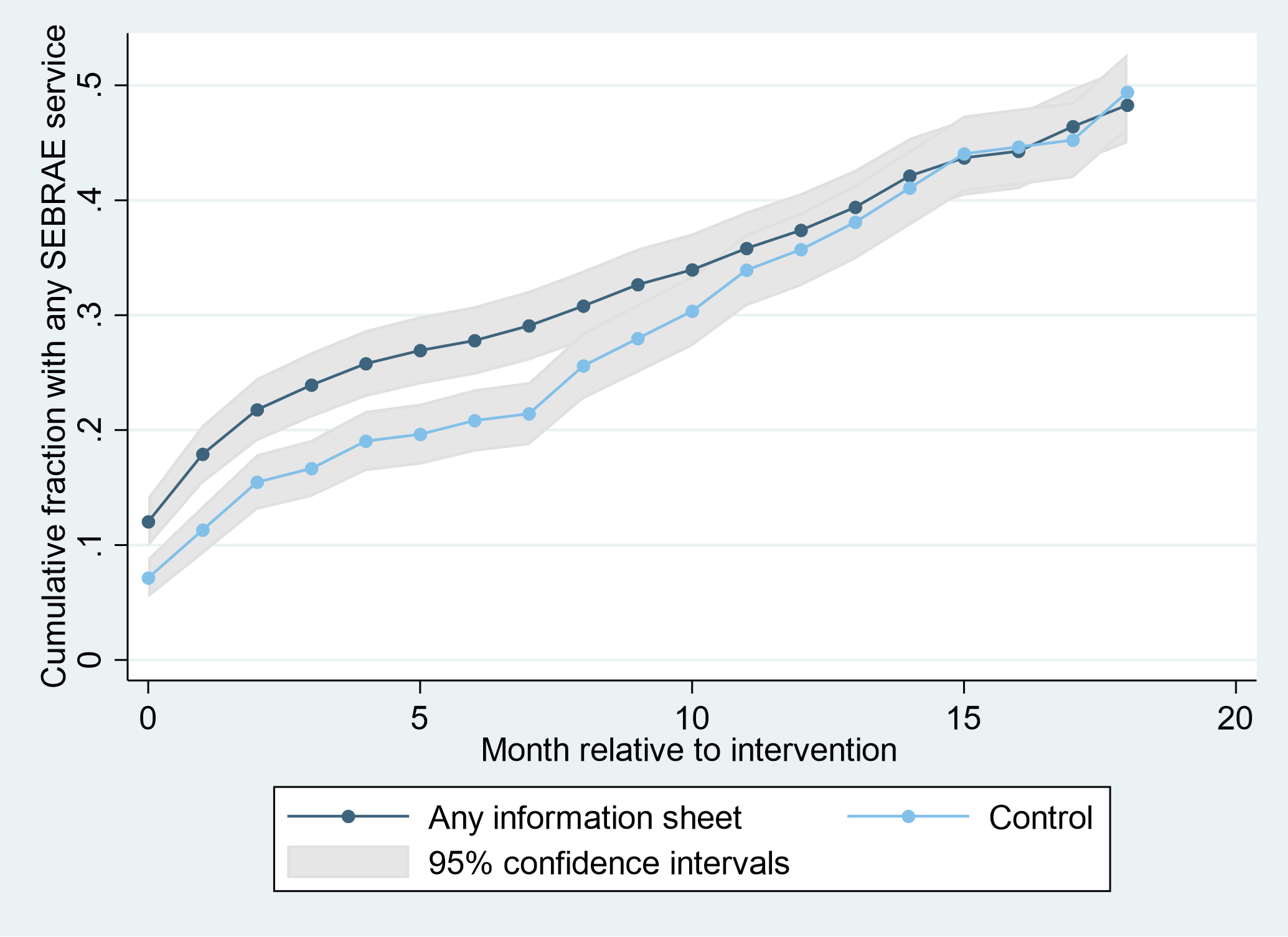 Many firms report not seeking out advice due to time constraints, which may be particularly binding in small businesses. Photo: © Arne Hoel/The World Bank
Many firms report not seeking out advice due to time constraints, which may be particularly binding in small businesses. Photo: © Arne Hoel/The World Bank
In earlier research, we found that offering consulting services can improve firm performance. Related studies have also shown that providing business advice through classroom training or mentoring can increase profits and sales, and firms can recover the cost of training in one to three years.
We observed something puzzling: Many firms do not take up business training, even when it is heavily subsidized . When asked why they don’t seek out business advice, many firm owners say that they didn’t know what the benefits of these services would be or they didn’t know their business practices needed improving.
Is More Information Enough?
We thus set out to test whether simply providing more information about business practices and the benefits of improving them can lead firms to seek out advice and improve their performance. We collaborated with the Parana office of the Brazilian Micro and Small Business Support Service (SEBRAE-PR), a non-profit private organization that provides both free and subsidized business services, including classroom training and one-on-one consultations.
In a recent working paper, we studied 866 small firms that participated in SEBRAE-PR’s Business-to-Business (Negocio-a-Negocio) program in 2018. During this program, a SEBRAE-PR agent administers a questionnaire on 29 business practices and later delivers a dense 6-page report with recommendations for changes. We randomly assigned firms to a control group that received the 6-page report and to four treatment groups. The treatment groups received the 6-page report plus one of four versions of an information sheet that provides information about business practices in a more concise and compelling format.
Adding to the content of the 6-page report, the basic version of the information sheet benchmarks business practices relative to other firms in the same sector. Further, it lists five simple actions the firm can take to adopt good business practices and invites the firm to register for a free training session. The other three versions of the information sheet additionally include: (i) a motivating sentence stating that firms who adopt fewer business practices are more likely to close based on SEBRAE data, (ii) pre-enrollment in the free training session, or (iii) both features (i) and (ii).
We used administrative data from SEBRAE-PR on the services they provided to firms during the 18 months following the intervention to measure the effect of receiving the information sheet on take-up of business services. This data shows that about 28 percent of firms who received an information sheet used any SEBRAE service during the first few months after the intervention, compared to 21 percent of firms in the control group. However, this difference disappeared over time as the control group caught up to the treatment group (see figure 1). The information on business practices may thus have caused firms to speed up actions they were going to take anyway.
Figure 1: Use of SEBRAE Services over Time
Digging a bit deeper into the data reveals that the effect on take-up is mainly driven by relatively light touch services. Firms either went to a SEBRAE-PR service center and received materials on best business practices or accessed material through SEBRAE’s website. Receiving the information sheet increased participation in group training sessions or one-on-one consulting only for firms who implemented below the median number of business practices at baseline. The possible reason may be that these firms realized that they needed more hands-on help with improving their business practices.
We also see that, 18 months after the intervention, 51 percent of firms still did not use SEBRAE services. In a follow-up survey conducted one year after distributing the information sheet, we asked firms why they did not use a SEBRAE service. The most reported reason was time constraints, which is consistent with our finding that even the firms that used SEBRAE services mostly sought out light touch services.
While the effect of the information sheet on the use of SEBRAE services was small and temporary, firms may have improved their business practices without help from SEBRAE. Some of the actions listed on the information sheet were concrete and could, in principle be implemented without assistance, such as “keep a register of suppliers” or “conduct a customer satisfaction survey.” However, our survey data shows that receiving an information sheet did not affect business practices.
Given that the information sheet had no effect on business practices, we would not expect it to affect firm performance. Indeed, we find no significant impact of the information sheet on firm performance (sales, profits, number of employees, and survival) based on data from the follow-up survey and administrative data from the Brazilian Ministry of Labor and Employment and the Federal Tax Authority. Our survey data shows that receiving an information sheet decreased the fraction of firms that reported being happy with their performance.
Conclusion
We conclude from this study that information matters for seeking out business advice, but only in the short run. Many firms report not seeking out advice due to time constraints, which may be particularly binding in small businesses , where the owner cannot easily delegate tasks to others. Potential solutions for alleviating time constraints could include offering more flexible training schedules and online options.




Join the Conversation